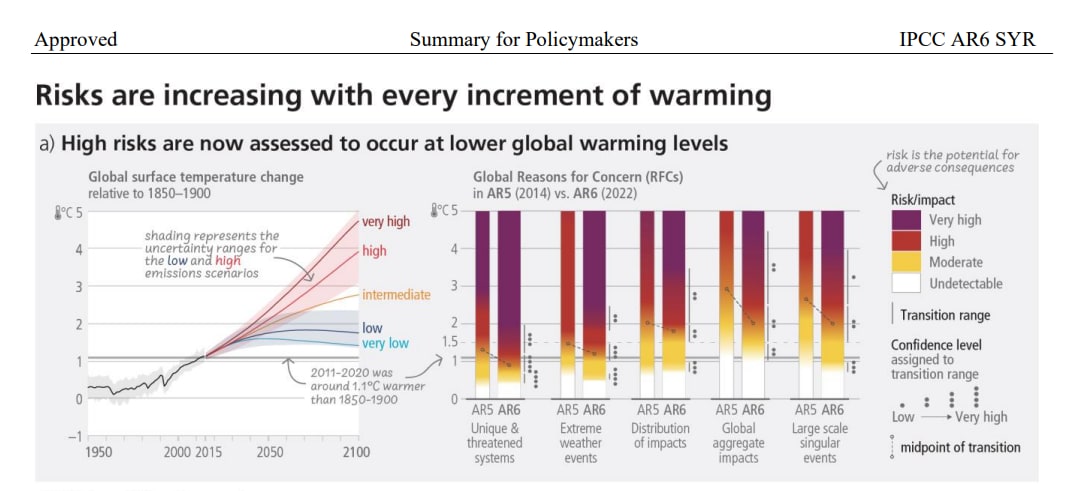Apologies for my delay here.
There is indeed no contradiction—solar got cheap through massive public support, first mostly R&D and later deployment subsidies / market creation policies in the hundreds of billions.
So the lesson from solar is definitely that public innovation support massively matters, it is more that different forms of support are most critical at different times (that is something the Kavlak paper emphasizes, how at early TRL R&D dominates and then later induced demand becames the major source of cost reduction) and that the R&D money cited is a small contributor to the cost reductions observed then.
If APs were like solar, I think we should expect things to take a lot longer and require a lot more support and maybe the current plateau would be like the 1980s for solar. (But I think there are good reasons to be more optimistic).

It turned out to be a very easily solvable problem (heavily concentrated industry, very few production plants, technological substitution being very easy).
I think the Montreal Protocol is often misunderstood to be a great success story / positively indicative reference class for much harder problems like climate, AI, etc., biosecurity, when it really is an example of an exceptionally easy problem to solve.